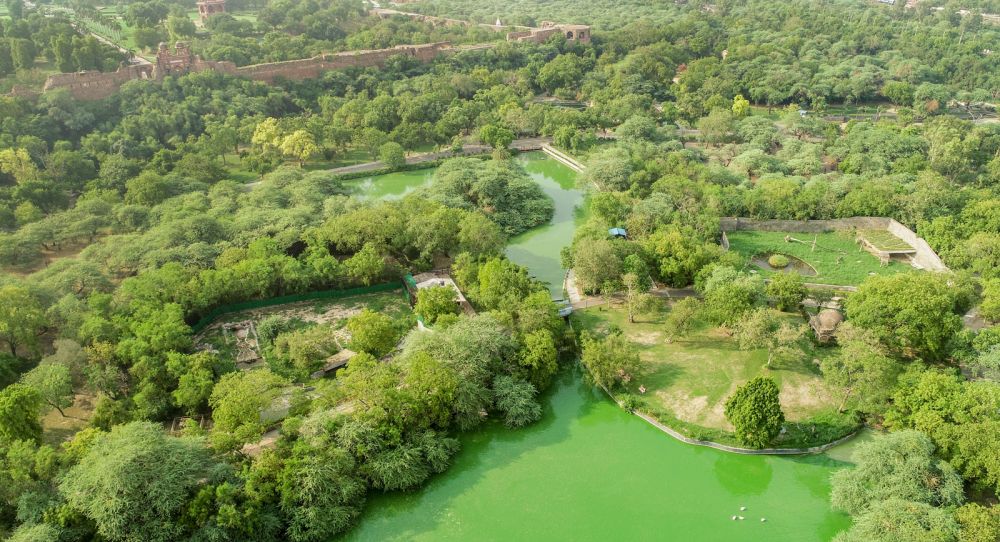

The National Zoological Park, also known as the Delhi Zoo, is one of India's premier zoological parks. Situated in the heart of the national capital, Delhi, it has been a significant spot for both tourism and conservation. The history of the National Zoological Park as a destination for tourism stretches back to its inception in the 1950s.
The idea of having a zoo in the capital city of India was mooted in the early 1950s by the Indian Board for Wildlife. The park was inaugurated on 1st November 1959 as the Delhi Zoo. In the later years, it was renamed the National Zoological Park with the idea of making it a model zoo for other zoos in the country. The layout and landscaping of the zoo were designed by the noted landscape architect, Carl Hagenbeck.
The park initially housed animals of indigenous origin but soon expanded to include species from across the world. Some of the initial inhabitants of the zoo included the Bengal tiger, Indian rhinoceros, hippopotamus, and various species of deer. Over the years, the collection grew exponentially to include exotic species such as the chimpanzee, spider monkey, African wild buffalo, and many others.
Conservation has been at the forefront of the zoo's goals. Breeding programs for endangered species and collaboration with international zoological communities have placed the National Zoological Park in Delhi as a critical player in global wildlife conservation efforts.
The visitor experience at the National Zoological Park has evolved over the years. It now includes animal habitats that mimic natural surroundings, guided tours, battery-operated vehicles, and informative signage to provide educational insights into the lives of the animals housed within the park.
Tourism at the National Zoological Park has seen various trends. During the 1960s and 70s, it became a notable family picnic spot, with people coming from all over India to witness the diverse collection of fauna. In recent years, the increased awareness around animal rights and welfare has also shaped the ethics of zoological tourism. Visitors are now more informed and concerned about the habitats and well-being of the animals they come to see.
The latest tourism trend in the context of the National Zoological Park is the shift towards digital engagement, with virtual tours gaining popularity amidst global concerns such as pandemics. This allows people to experience the zoo from the comfort of their homes. Sustainability is also a significant trend, with the zoo focusing on environmentally friendly practices and educating visitors on conservation.
To ensure the safety of both the inhabitants and the visitors, the National Zoological Park has strict regulations in place. This includes the prohibition of plastic items, careful monitoring of visitor-animal interactions, and crowd control measures. The Park remains a sanctuary for animals and a place of annual pilgrimage for nature lovers, students, and tourists.
Looking toward the future, the National Zoological Park continues to strive towards creating a balance between tourism, education, and conservation. It aims to remain a destination where people can learn about and connect with wildlife, while actively participating in the global efforts to preserve our natural world for generations to come.